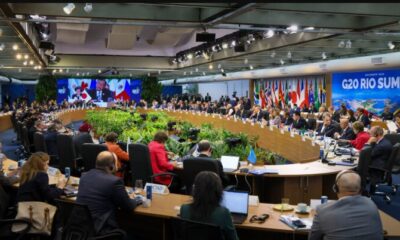Two months later, the Trump administration blocked the regulations from taking effect, and now the E.P.A. has released a final rule that eviscerates the Obama-era requirements. The agency rescinded major accident prevention provisions, including requirements to consider safer technology, audits of accidents by outside parties and “root cause” analyses of accidents.
While Texas has the largest number of chemical facilities in the country, Illinois, California, Iowa and Louisiana are riddled with them, too. As The Houston Chronicle has documented, no state is spared from having at least one facility that could have toxic or flammable chemical accidents with consequences that extend beyond the site.
The E.P.A. calls these communities — areas that could be affected by a release from a chemical accident — “vulnerable zones.” One in three children in America attend a school in a vulnerable zone. This means that over 19 million children are at risk of exposure to the harmful chemicals that these plants use, store and can emit when they produce plastics, pesticides, adhesives and other products.
Our neighborhoods in Houston are a case in point. The oil and gas facilities and chemical plants along the 52-mile Houston Ship Channel have turned the air in Harris County into a public health hazard, significantly increasing the likelihood of residents’ developing cancer and respiratory problems — and shortening the lives of children. Children living near the Houston Ship Channel are 56 percent more likely to develop leukemia than those who live more than 10 miles away.
To me this issue is personal. Yes, explosions from chemical facilities can be deadly. But the long-term impact of exposure to toxic chemicals also kills. In 2016, I was found to have hypersensitivity pneumonitis, a rare autoimmune system disorder that arises from breathing in dust or toxins repeatedly. The doctors blamed indoor air, but I am convinced that exposure to chemicals in Houston led to my condition. In this town, there’s little distinction between the air indoors and what’s outside.
When traveling — I am now at the U.N. Climate talks in Madrid — I bring a portable oxygen machine in case I need it. I am unable to walk long distances, and I move slowly because of my shortness of breath. Public speaking is difficult, as is any exertion. My life expectancy is not long (10 years, one doctor told me). I hope it is more.
In my family, lung diseases are the norm. My diagnosis came the same year that my father, Gregorio V. García, died of lung cancer at 79. He worked in the Asarco Refinery in Corpus Christi, Tex., and was a member of United Steelworkers for 30 years. Workers in these refineries are the first exposed to toxic substances. Many, like him, have died of cancer.

 Entertainment1 week ago
Entertainment1 week ago
 Tech4 days ago
Tech4 days ago
 Tech4 days ago
Tech4 days ago
 General News2 days ago
General News2 days ago
 Business News1 day ago
Business News1 day ago
 Jobs1 day ago
Jobs1 day ago
 General News2 days ago
General News2 days ago
 Business News1 day ago
Business News1 day ago

